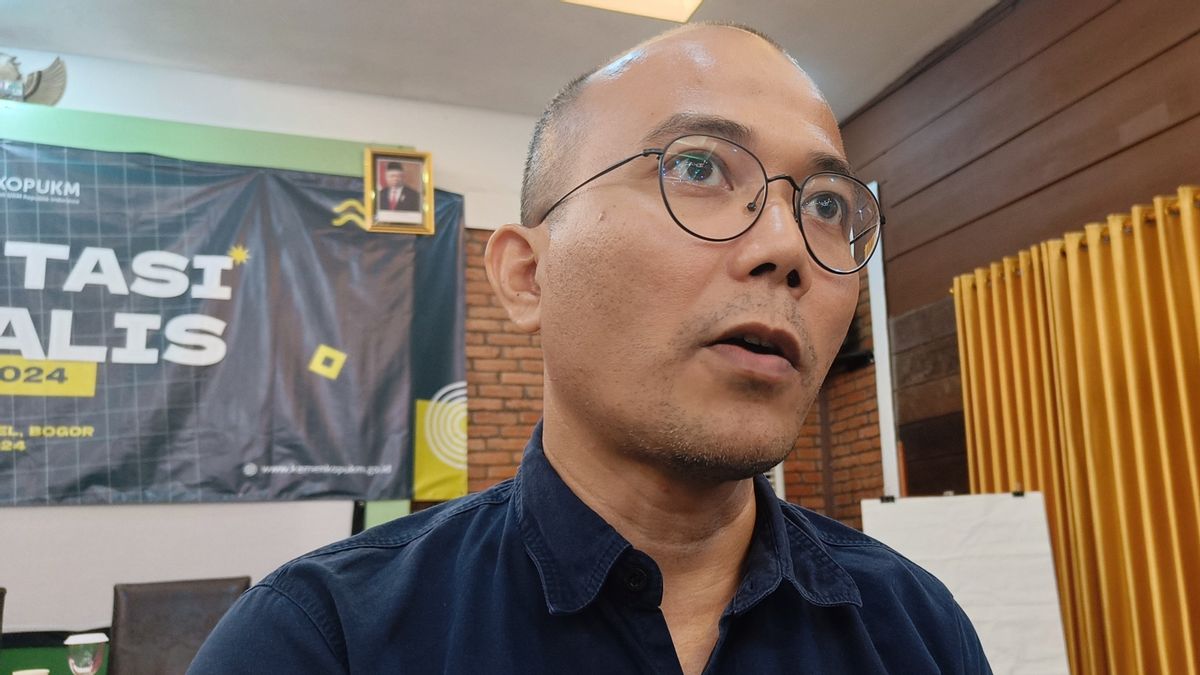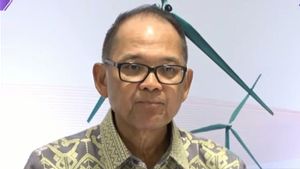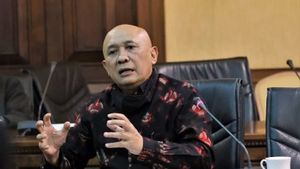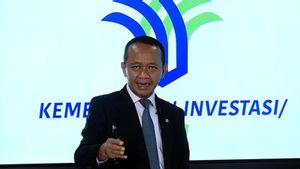BOGOR - The Ministry of Cooperatives and SMEs (Kemenkop UKM) said that the business structure in Indonesia is still more dominated by micro-enterprises. It is noted that micro-enterprises in the country to date have reached 99.62 percent.
"If we look at the structure of business actors today, most of them are micro-enterprises, namely 99.62 percent. Of that total, Indonesian business actors are micro-enterprises," said Expert Staff for Inter-Institutional Relations of the Ministry of Cooperatives at SMEs Riza Damanik in the 2024 Journalists Orientation in Bogor, West Java, Thursday, May 16.
As for the details of the business structure in Indonesia, namely the number of micro-enterprises which reached 99.62 percent, small businesses 0.30 percent, medium-sized businesses by 0.06 percent and large businesses by 0.01 percent.
Riza assessed that the main reason Indonesia is still said to be far from developed countries is because the number of micro-enterprises is still high to date.
"Our economic structure, which is mostly micro-enterprises. Large businesses are smaller than micro-enterprises, of course, it is rather difficult to imagine that with this kind of structure we can become developed countries," he said.
Therefore, Riza said that the government needs to do great work, especially in this case the Kemenkop UKM is to create middle-class jobs.
"The World Bank said that if Indonesia wants to remain in 2045 a developed country, we must have what is called a middle-class job field," he said.
A number of criteria for creating middle-class jobs are jobs with high income, jobs that guarantee protection for workers and jobs that are inclusive, provide access for women, young people and people with disabilities.
SEE ALSO:
Then, jobs that require the quality of human resources with high analysis, cognitive, interpersonal and digital skills and work focus on developing the industrial and service sectors.
"Today our per capita income is an average of around 4,900 US dollars per capita per year. This means that per capita income like this is difficult for us to say that it is feasible to enter developed countries," he said.
Thus, he continued, in the next 20 years, a 15-fold increase is needed from the per capita income obtained today.
"So that it can become a developed country," he concluded.
The English, Chinese, Japanese, Arabic, and French versions are automatically generated by the AI. So there may still be inaccuracies in translating, please always see Indonesian as our main language. (system supported by DigitalSiber.id)
















